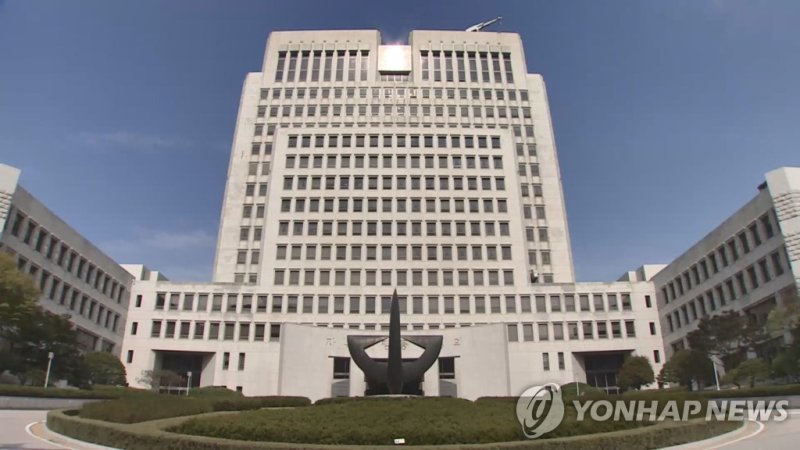Only in Name 'Homeless', Rental Housing Occupied by Others... Is the Sale Contract Valid [Seocho Cafe]
- Input
- 2025-09-01 12:12:52
- Updated
- 2025-09-01 12:12:52
Supreme Court overturns 1st and 2nd trial judgments and remands
"Anti-social order legal act... There is room to see it as invalid"
"Anti-social order legal act... There is room to see it as invalid"

[Financial News] A Mr. A, who is homeless, won a public rental housing that can be purchased after living for 10 years. However, only the name was Mr. A, and in reality, Mr. B lived there, and Mr. A signed a sales contract to transfer ownership to Mr. B when it was converted to sale after 10 years. Even if the contract was concluded in violation of the regulations, is it valid?
According to the legal community on the 1st, the Supreme Court's 1st Division (Presiding Judge Shin Sook-hee) overturned the original judgment that ruled against the plaintiff in the building delivery lawsuit filed by Mr. A against Mr. B and sent the case back to the Suwon District Court.
Mr. A was selected for a public construction rental housing in Osan City, Gyeonggi Province in March 2008 and signed a lease contract with Korea Land and Housing Corporation (LH). This apartment could be converted to sale after the mandatory rental period of 10 years.
However, the actual resident was Mr. B. Mr. B has been living in the apartment, paying the lease deposit, rent, and management fees. In fact, Mr. A only lent his name.
Mr. A also signed a sales contract to transfer ownership to Mr. B upon acquiring ownership through sale conversion, but after 10 years, Mr. A changed his mind, causing a problem. Mr. A filed a lawsuit demanding Mr. B to deliver the apartment after acquiring ownership, and Mr. B filed a counter-suit demanding the transfer of ownership according to the contract.
The 1st and 2nd trials sided with Mr. B. They judged that the sales contract could not be considered invalid because it was based on Mr. A acquiring the apartment through sale conversion and transferring ownership to Mr. B. They viewed that it did not violate regulations because, after sale conversion, it was not subject to transfer restrictions like rental housing.
However, the Supreme Court overturned the judgment, stating that the lease transfer contract itself was illegal and could be seen as an 'anti-social order legal act'.
The Supreme Court ruled, "The lease transfer contract between the plaintiff and the defendant is invalid as it violates the mandatory regulations regarding the transfer of lease rights for rental housing," and "The defendant signed a sales contract while residing in the apartment without lawfully and validly receiving the lease rights."
Furthermore, "It fundamentally undermines the legislative purpose of the old Rental Housing Act and related laws regarding the transfer of lease rights and sale conversion of public construction rental housing," and "It results in depriving homeless citizens of the opportunity to be supplied with public construction rental housing and to be given priority for sale conversion according to predetermined standards and procedures, so there is considerable room to view the sales contract as a legal act contrary to social order and invalid."
jisseo@fnnews.com Minji Seo Reporter